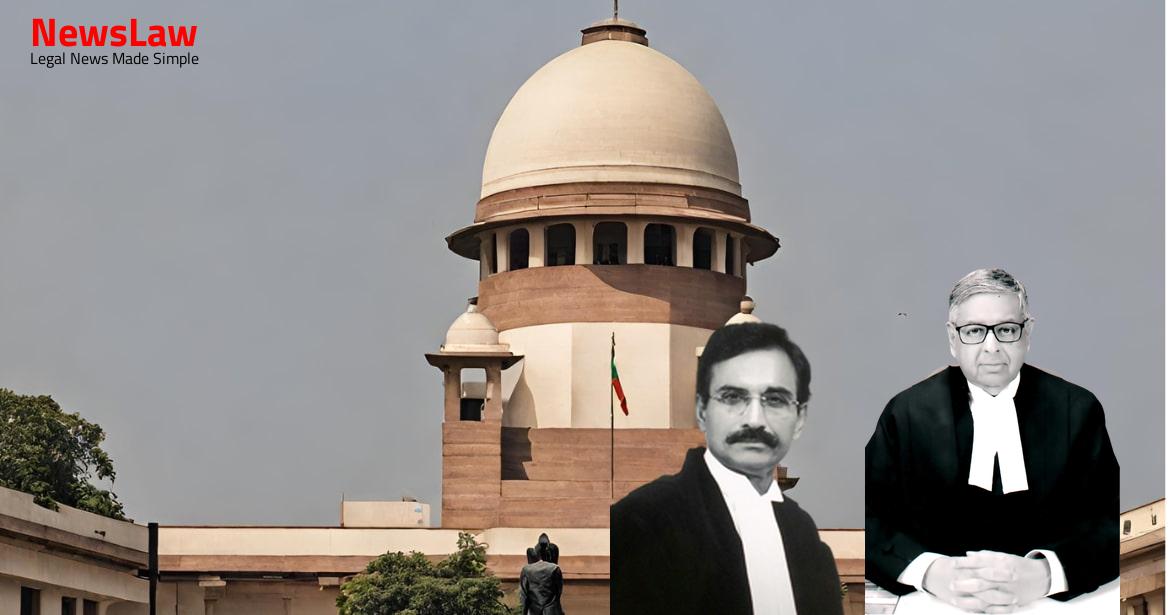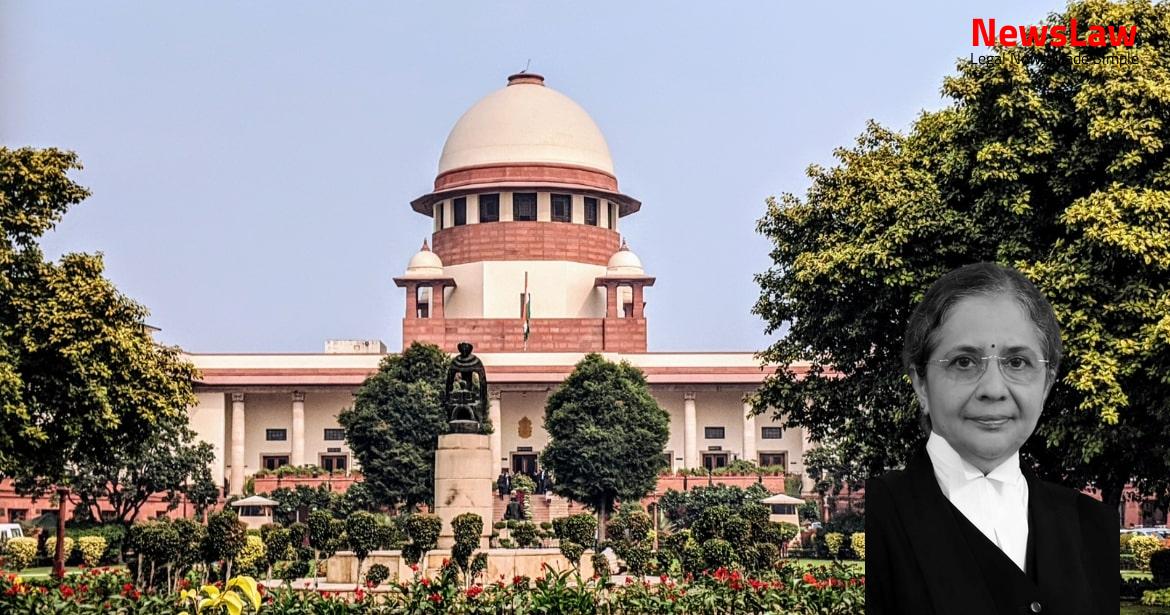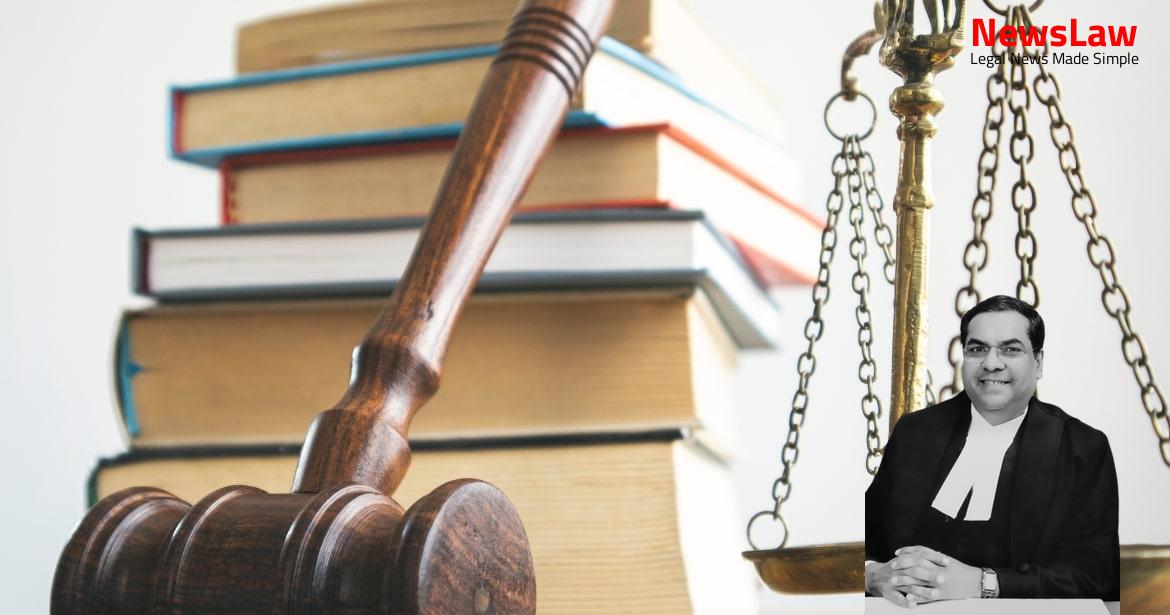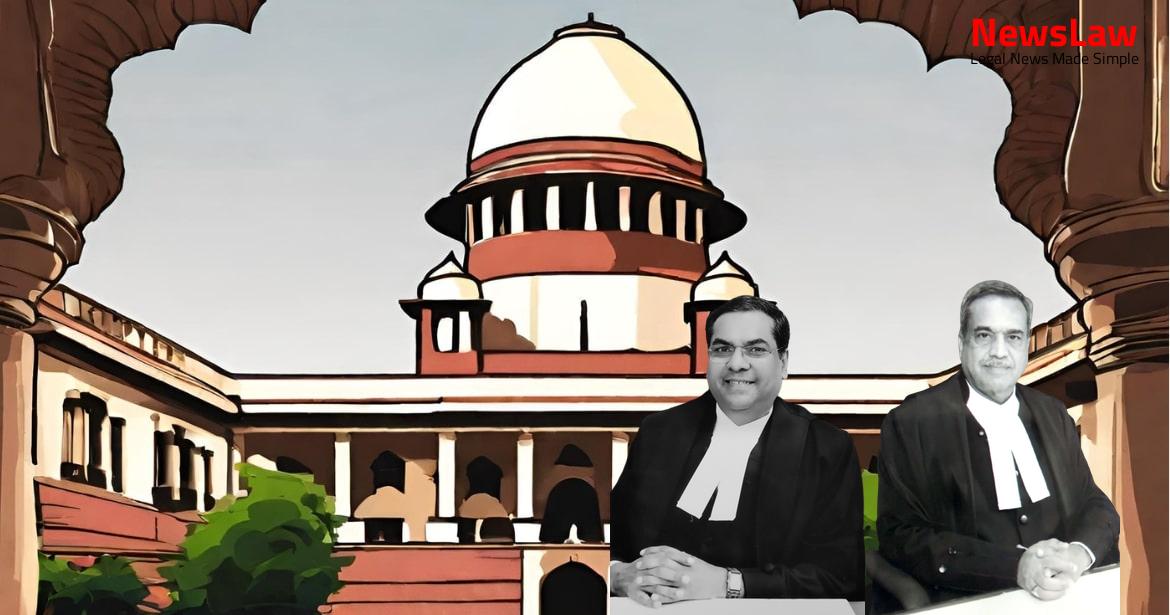Explore a detailed legal examination of the selection process for Sub-Inspectors by the court, focusing on key aspects such as eligibility criteria, examination structure, and the role of the recruitment board. This blog sheds light on the legal nuances and considerations behind the court’s analysis of the selection process. Stay informed on the latest developments in recruitment procedures through this insightful read.
Facts
- The Writ Petition was filed in the High Court of Judicature at Allahabad by some unsuccessful candidates challenging the result of the written examination for Sub-Inspector posts.
- The petitioners alleged irregularities in the conduct of the written examination.
- Rule 52 states that 50% of Sub-Inspector posts should be filled by direct recruitment and the other 50% by promotion from Head Constables and Constables.
- A Notification by the U.P. Police Recruitment and Promotion Board in 2010 announced selection for 5389 Sub Inspector posts by promotion for eligible Constables and Head Constables.
- A notification in 2011 cancelled 18 questions deemed incorrect in the examination.
- The written examination carried 300 marks with specific allocations for different sections like Hindi Essay, Basic Law, Numerical and Mental Ability Test.
- The complaint of the Writ Petitioners was centered around the non-declaration of their marks from the Sub-Inspector Ranker’s Examination of 2000-2008.
- Fresh select list to be drawn up for 2031 available posts in 2008
- Candidates who answered wrongly set questions to be awarded full marks
- Direction given to not disturb candidates already working in filled posts
- Scrutiny of papers for all candidates ordered
- Clarification that candidates receive full marks only for questions answered
- Candidates failing to obtain 50% marks in each subject to be filtered out
- Court directed Petitioners to be accommodated in existing vacancies if scored between specified marks
- Cancellation of questions not due to candidates’ mistake to be awarded full marks
- Exercise to be completed within three months
Also Read: Legal Analysis on Seniority Fixation in Contempt Petitions
Arguments
- Petitioners filed Writ Petitions seeking extension of the order passed in Raghuraj Singh case to them
- Contended that there are unfilled vacancies and their marks should be declared
- No reason presented for not declaring their marks
- No objection should exist for declaring their marks and promoting them if found eligible
- Argued they are entitled to the same order as in Raghuraj Singh case
- State of Uttar Pradesh argued Petitioners are not entitled to relief as they did not qualify in the selection test
- Respondents claim the selection test is conducted in four stages
- The learned counsel for the State mentioned a decision of the Board dated 22.02.2011.
- According to this decision, papers of objective type answer sheets will be evaluated first.
Also Read: Legal Analysis of Decision-making Authority in Municipality Dispute
Analysis
- Candidates who do not obtain a minimum of 50% marks in the three objective type subjects are disqualified from having their Hindi Essay paper evaluated.
- 1637 out of 1815 candidates who applied were given marks in response.
- Board’s decision was made prior to the examination date and is considered valid.
- Rule 16 mandates a candidate to secure 50% marks in each subject for eligibility.
- Short-listing of candidates is within the Board’s domain and deemed non-arbitrary and non-discriminatory.
- There was an argument about the ambiguity of conducting written examinations, specifically regarding subjects C and D being treated as separate despite being clubbed.
- The examination scheme for Sub-Inspectors of Police promotion aligns with Rule 16, requiring 50% marks in each subject.
- Notification of marks for unsuccessful candidates was uploaded before declaring results.
- Subjects C and D were determined to be separate for assessment.
- Errors in list preparation were acknowledged, leading to the conclusion that subjects C and D should not be clubbed together.
- The selection process for Sub-Inspectors was conducted based on an advertisement from 2010.
- Selections conducted more than 10 years earlier cannot be the subject matter of interference by this Court.
Also Read: Land Dispute Legal Analysis
Decision
- The Supreme Court refused to entertain any challenge to the selection process in a specific case.
- The reason given was that several years had passed since the selection process took place.
- As a result, the Writ Petitions related to the case were dismissed.
Case Title: ARVIND KUMAR TIWARI Vs. THE STATE OF UTTAR PRADESH (2021 INSC 361)
Case Number: W.P.(C) No.-001369 / 2018



